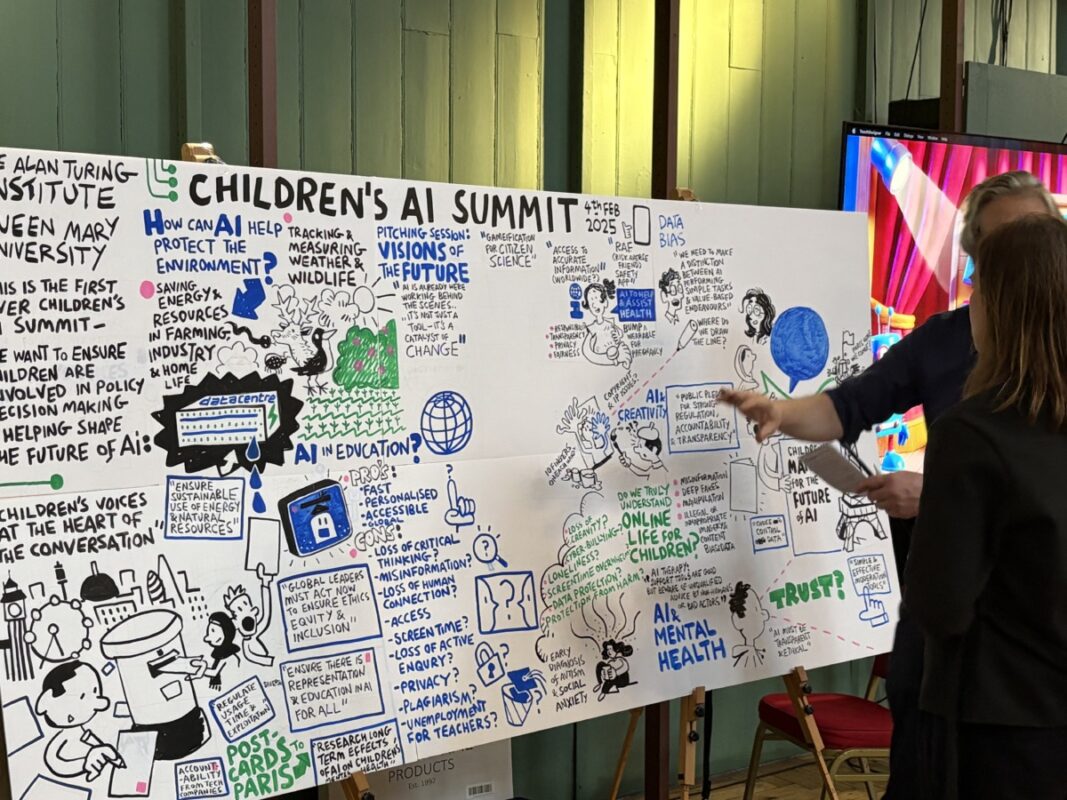
3 minute read
Dwight London Students Shape the Future of AI
At Dwight London, we believe in empowering our students to be active participants in the world around them, including when it comes to technologies that will shape their future. That’s why we’re incredibly proud of a group of our students who took part in the inaugural Children’s AI Summit at Queen Mary University of London, co-hosted by the Alan Turing Institute.

The summit brought together around 150 young people aged 8 to 18 from across the UK to explore how AI is already impacting their lives — and how they want it to evolve. Despite being one of the groups most affected by advances in artificial intelligence, children are often left out of key conversations around its development and regulation. This event set out to change that.
The students were invited to explore their hopes and concerns for the future of artificial intelligence, focusing on three key areas: health, education, and the environment. They expressed excitement about AI’s potential to personalise learning, particularly in supporting children with learning differences or those who are neurodivergent. They were especially enthusiastic about the possibility of AI driving scientific breakthroughs.

A highlight for our students was the AI pitching session, where students presented innovative ideas for how AI could be used for good. However, they also raised important concerns, including the risk of job displacement, issues around privacy and data security, and the growing difficulty in distinguishing fake images and content from truth.
The feedback from the event was then used to create the “Children’s Manifesto for the Future of AI.” The Manifesto was presented at the AI Action Summit the following week. This global event was attended by heads of state from around the world, academics, tech companies, and international organizations, putting the voices of our Dwight London students directly in front of the major players who have the power to shape the development and deployment of these technologies.

Attending the AI Summit was a truly eye-opening experience,” says Yekta ’29. “It taught me new insights on how we can affect AI’s future while staying true to our commitment to human values. The AI Summit made me realize how important education is in helping the next generation understand, question, and guide the direction of AI.

Our students returned from the Summit energized and inspired, not only with a stronger understanding of AI, but with the confidence that their voices matter in shaping its future.








